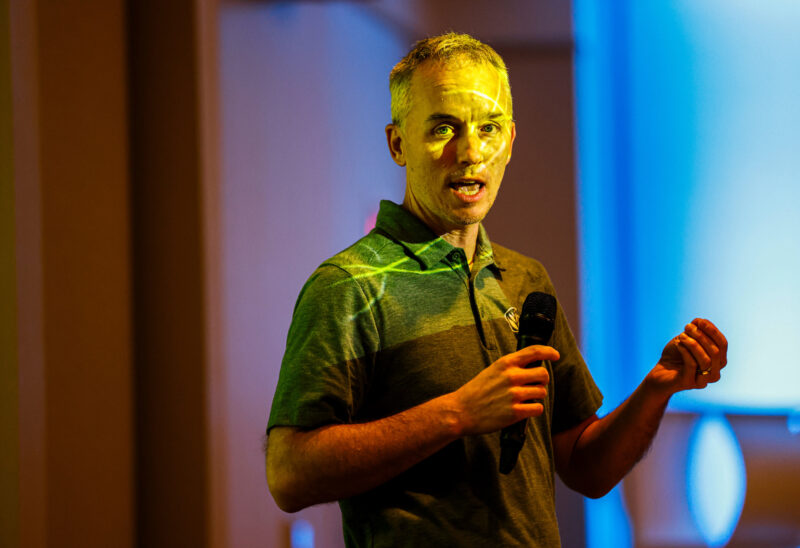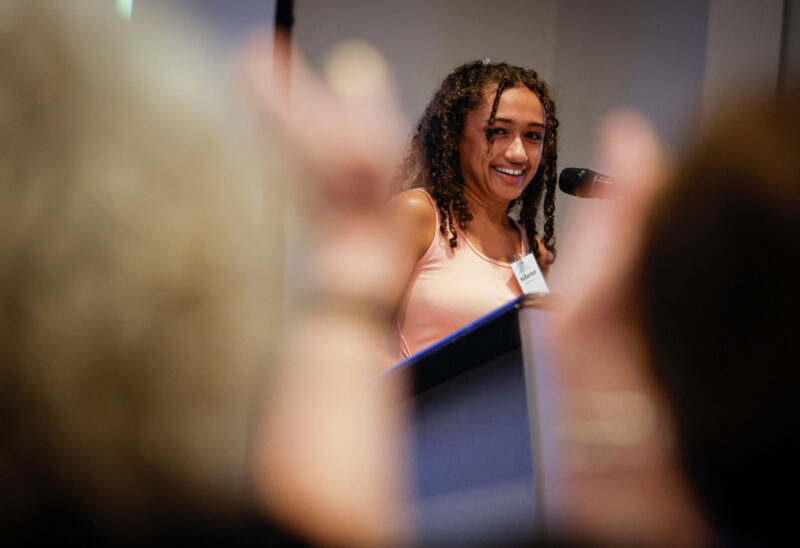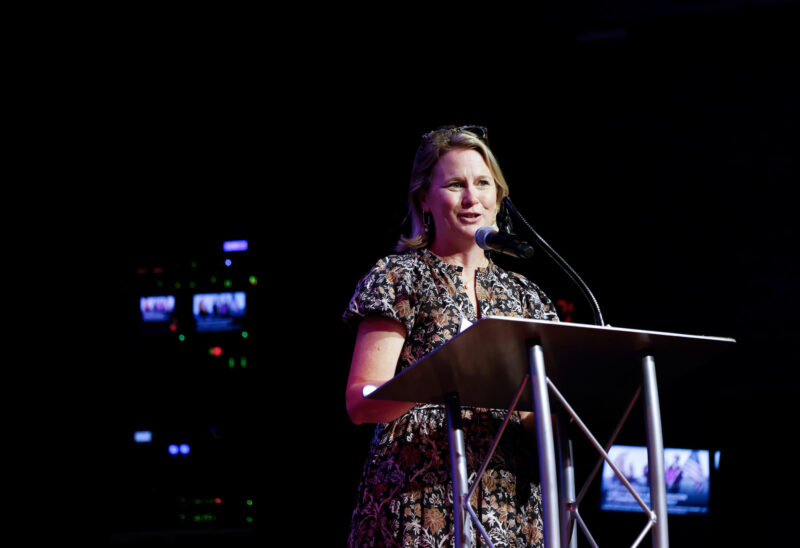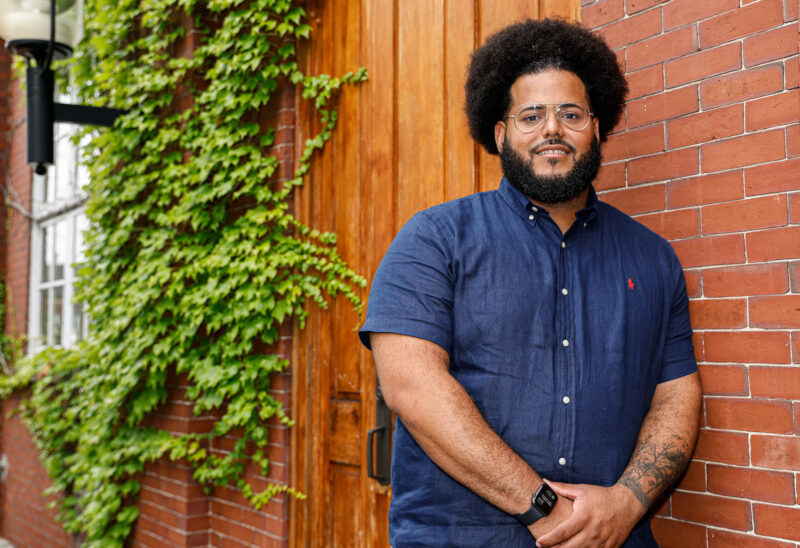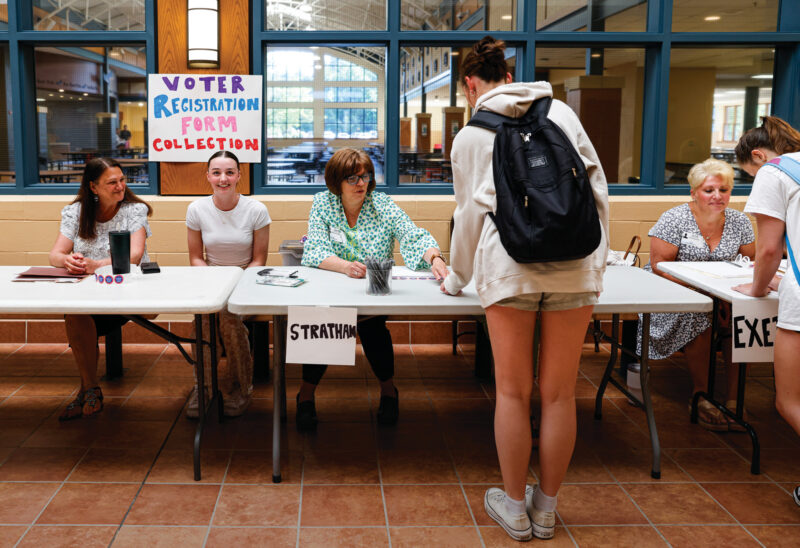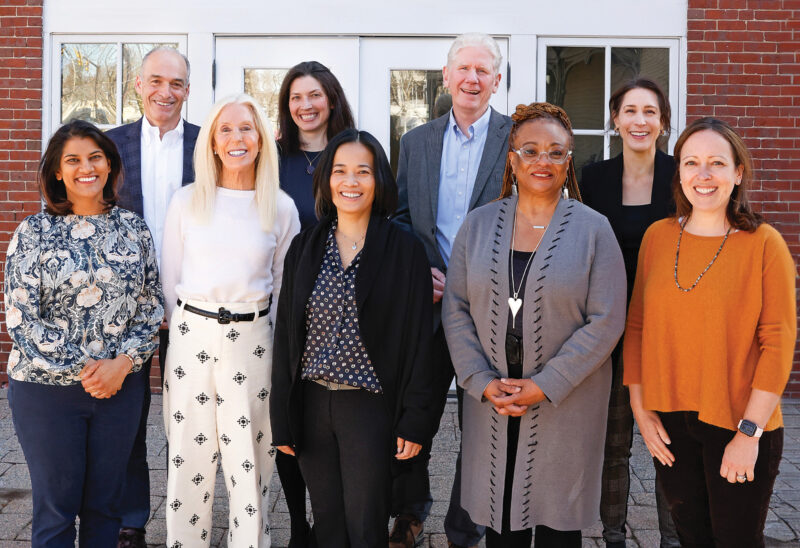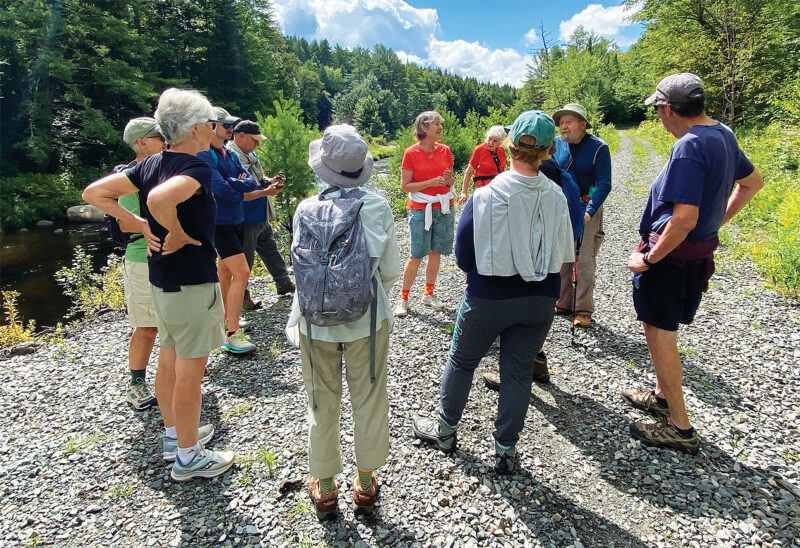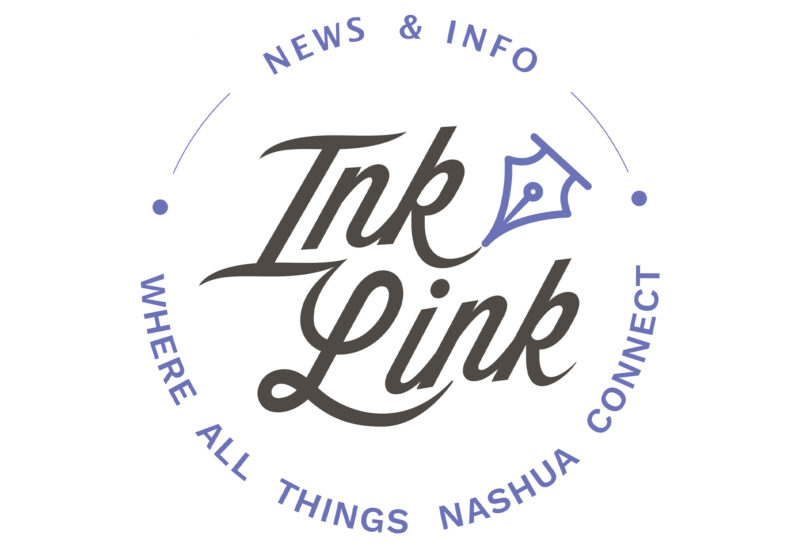Article 17 on the warrant for Dublin’s Town Meeting was a little unusual. It wasn’t about buying a new fire truck or changing property tax exemptions. It was this:
“The Town of Dublin affirms its commitment to the rights ensured by the First and Fourth Amendment to the Constitution of the United States of America and declares that in the Town of Dublin no person shall be required to declare their religious or philosophical belief or affiliation, nor to sign a registry for any belief or affiliation.”
And it seemed just exactly right.
Here at the bedrock of American democracy – the New England Town Meeting – we were reaffirming the most fundamental principles that unite us as a town, a state, a nation. This warrant article asked us to declare, loud and clear on this sunny Saturday morning, that we believe in First-Amendment freedoms of speech, religion, press, assembly and petition, and in the freedom from unreasonable search and seizure. And although it appeared by petition inspired by national events, Article 17 was a timeless nod to Ben Franklin. I am thinking, of course, of his response when asked what the Constitution’s framers had created during that hot summer in 1787: “A republic, Madam, if you can keep it.”
Here at the bedrock of American democracy – the New England Town Meeting – we were reaffirming the most fundamental principles that unite us.Tweet This
“Keeping it” takes work, and that’s what we did Saturday morning.
And that is what every Town Meeting is ultimately engaged in doing. To keep this republic – cobbled together from a smattering of individual colonies with diverse interests and stretching across a vast geography – the framers knew that we would have to stay connected, informed, engaged, and focused on the principles that unite us. At Town Meeting, we practice all of that.
Article 17 article passed easily but not unanimously. We had already been warmed up – and maybe even a bit overheated – by Article 16. That one prohibited town employees from taking unwarranted action against an individual based on perceived race, national origin, religion, language, or immigration. It also passed, although the path to “aye” was a bit more tortuous. In our current national mood, even the Bill of Rights and basic fairness seem highly charged.
I voted yes to both. As always, I learned a lot during the debate. I found myself disagreeing with the way one of my fellow proponents made her case, and agreeing with how one opponent made hers. I was annoyed by one resident who claimed connections between immigration and social problems that are not supported by fact. His long and mostly non-germane speech (two Town Meeting no-no’s) probably did his cause more damage than good – especially when he left in a huff before the vote.
But he was an anomaly. At Dublin Meeting, that kind of behavior is rare. We care for our town and for each other, and discussing our differences with respect is generally the rule. In the previous fifteen articles we had decided how much to spend on roads and police and the dump. We questioned but ultimately okayed a study to bring broadband internet to town. We approved a new one-ton dump truck and cheered our road agent Brian for getting ten years out of the old one. We decided to fix up a very old cemetery shed known as the “horse hearse house” because, well, that’s what it used to hold. Amendments were made, parliamentary procedure checked, eight-year-old minutes consulted when memories differed. Of course the moderator makes the meeting, and ours is wise and humble – even if he did have a little too much fun saying “horse hearse house.”
One of the most poignant moments of the meeting came when a woman stood to speak in support of the town contributing $7,331 to seven local nonprofits. These groups collectively provide an astonishing $438,000 worth of services to hundreds of Dubliners and our neighbors – mentoring, nursing care, child advocacy, food. She told us that she and her husband, who both work and are raising young children, depend on a modest level of heating assistance from one of those groups.
“I am not proud to say I need heating assistance,” she said, “but I am proud to say my town supports those services.” I am proud, too. There is no shame in getting a bit of help to make ends meet. But that was beside the point. She showed up, shared a story that informed our debate and engaged in the business of democracy.
I left thinking that everyone there should take pride in showing up on a cold Saturday March morning. We could do with more of the kind of engagement that Town Meeting requires of us: coming together, across differences and in-person for a moderated and civil debate, speaking our minds, questioning our assumptions and sticking to the facts. And remembering the shared values on which it all so firmly rests. It is excellent practice for keeping the republic.

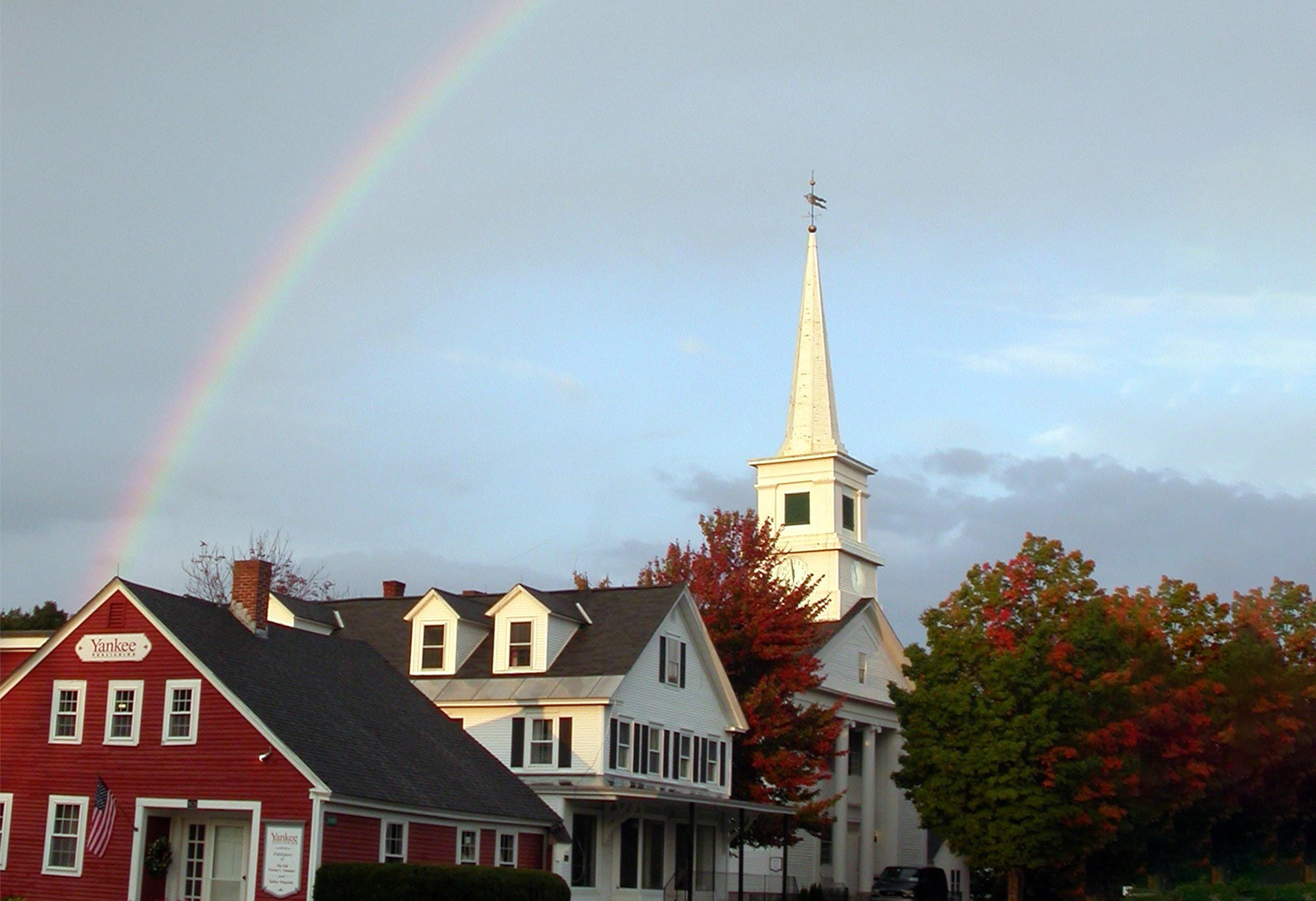






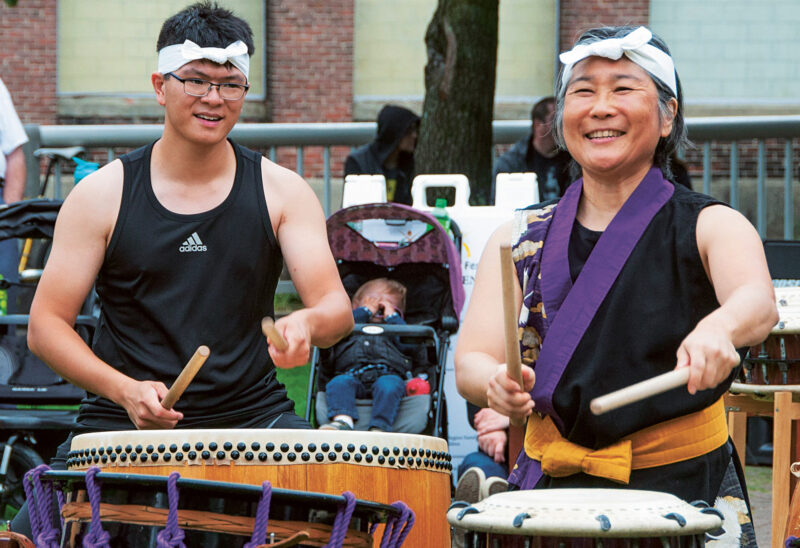
![Charitable Foundation President Dick Ober [Photo by Cheryl Senter]](https://www.nhcf.org/wp-content/uploads/2023/12/dick-ober-purpose-fall-winter-2023-800x548.jpg)

